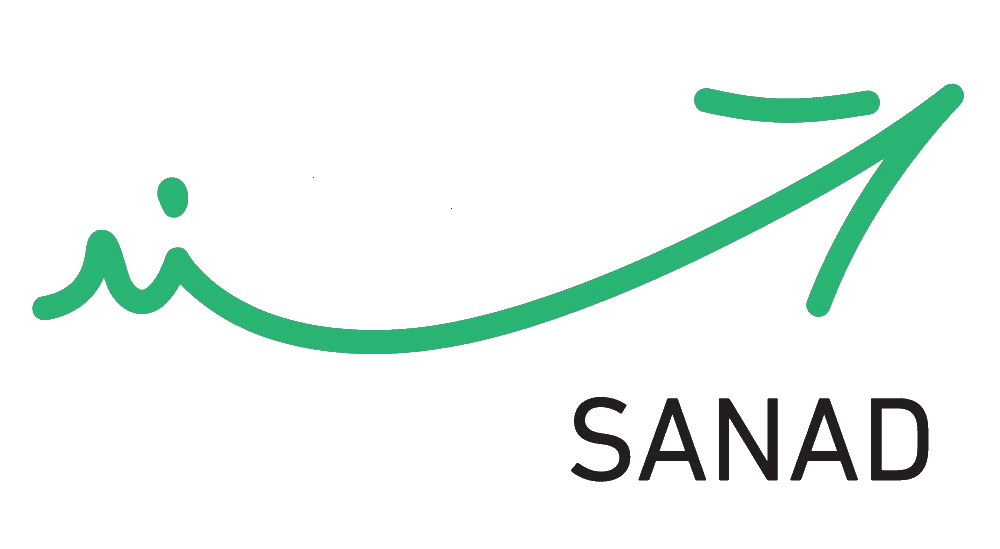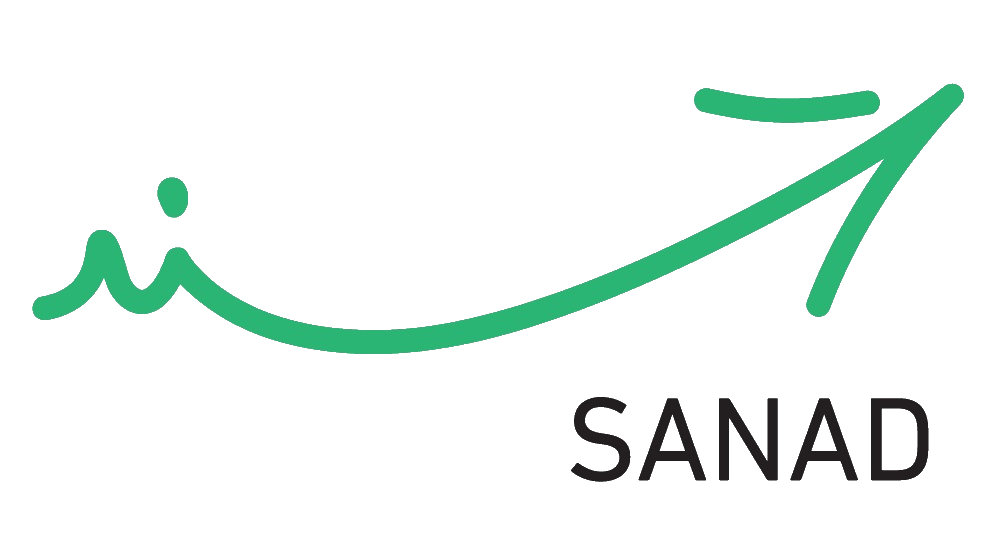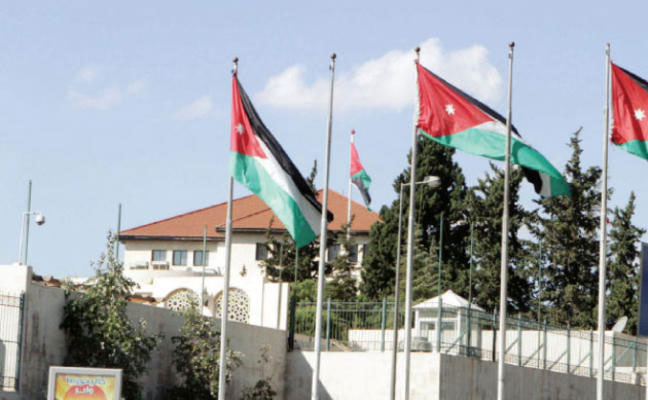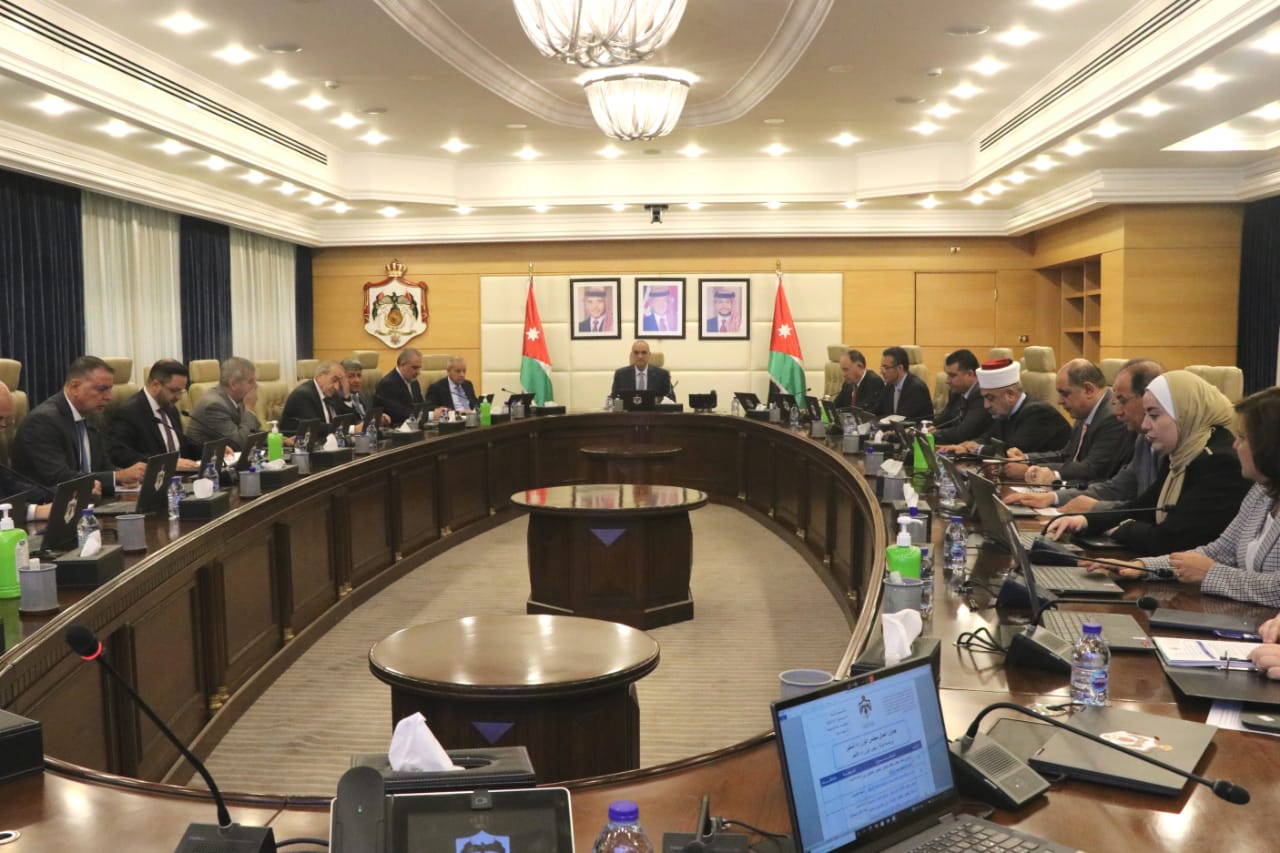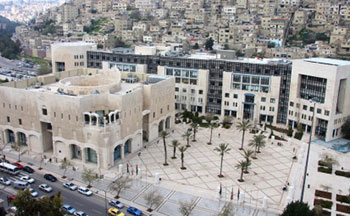 Ministry of Education
Ministry of Education
Ministry of Education
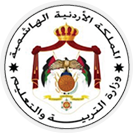
Minister
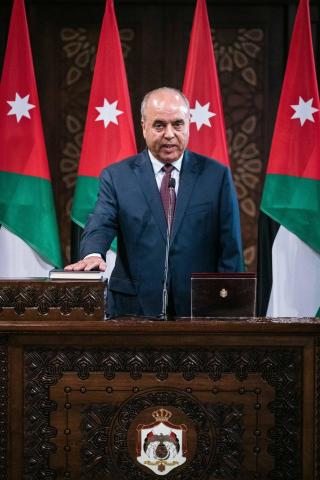
H.E.prof. Azmy Mahmoud Mahafzah
Current location :
Minister of Education and Minister of Higher Education and Scientific Research 10/27/2022 - to date
Academic and professional appointments :
Minister of Education 6/14/2108 - 10/11/2018
President of the University of Jordan 4/19/2016 - 6/14/2018
Vice President of the University of Jordan for Scientific Faculties Affairs 1/9/2013- 18/4/2016
Dean of the Faculty of Medicine at the University of Jordan 10/28/2010 – 8/31/2013
Professor of Microbiology and Immunology - Faculty of Medicine / University of Jordan 2009
Director of the Laboratory and Forensic Medicine Department / University of Jordan Hospital 1993-1995, 9/16/2008-9/8/2013
Director of the Infection Control Office / University of Jordan Hospital 1/10/2007 -1/10/2008
Vice Dean of the Faculty of Medicine for Faculty Affairs / University of Jordan 1998-2006
Acting Head of the Department of Pathology, Microbiology and Forensic Medicine, Faculty of Medicine / University of Jordan 1992-1995
Senior Consultant in Clinical Laboratory Medicine / Jordan University Hospital 2009 - now
Academic qualifications :
Doctor of Medicine ( MD ) Faculty of Medicine - Damascus University 1977
PhD in Basic Medical Sciences - Microbiology and Immunology - American University - Beirut 1984
Fellowship in Virology: Yale University, USA, 1988
Jordanian Board in Clinical Laboratory Medicine 1989
Membership of councils and committees :
Member of the Higher Education Council - November 2020 - Present
Chairman of the Board of Directors of the King Hussein Award for Cancer Research - August 2020 - Present
Chairman of the Supreme Council of the National Curriculum Center - September 2019 - Present
Chairman of the University Hospital Council of Jordan 4/19/2016-14/6/2018
Member of the Graduate Studies Committee of the Jordanian Medical Council 2013-2016
Member of the Board of Directors of the National Center for Diabetes, Endocrinology and Genetic Diseases 10/28/2010 - 8/31/2013
Member of the Board of Directors of the National Institute of Diabetes, Endocrinology and Genetic Diseases 10/28/2010 - 8/31/2013
Member of the Council of Prince Hussein bin Abdullah II Academy for Civil Protection 10/28/2010 - 8/31/2013
Member of the University Hospital Council of Jordan 10/28/2010 - 8/31/2013
Founding member of the Council of the College of Medicine - The Hashemite University 2004-2006
Founding member of the Council of the College of Medicine - Mutah University 1999-2002
Member of the Board of Directors of the Health Insurance Fund - University of Jordan 2003 - 2007
Member of the Council of the College of Nursing - University of Science and Technology 2000-2001
Member of the Council of the Faculty of Graduate Studies - University of Jordan 1998-2006
Chairman of the Editorial Board of the Jordanian Medical Journal, April 2012-2016
Member of the Editorial Board of the Jordanian Medical Journal, July 2011 - April 2012
Chairman of the Scientific Advisory Committee for Pathology and Laboratory Sciences - Jordan Medical Council 2001-2006
Member of the Scientific Advisory Committee for Pathology and Laboratory Sciences - Jordan Medical Council 1994-2008, 2010-2017
Chairman of the Curricula and Examinations Committee - Faculty of Medicine / University of Jordan 1998-2006
Member of the Curricula and Examinations Committee - Faculty of Medicine / University of Jordan 1992-1998
Member of the Editorial Committee of Studies Journal / University of Jordan 1999-2003
Member of the Character System Introduction Committee at the University of Jordan, 1996
Member of the Academic and Professional Committee at the University of Jordan Hospital 1993-1995, 1999-2004
Member of the Administrative Committee / Jordan University Hospital 1993-1995
Member of the Vaccination Committee / Jordanian Ministry of Health 2008 - now
Member of the Epidemiology Committee / Jordanian Ministry of Health 1992 - present
Member of the Certification Committee for the eradication of polio, 1996-present
Member of the Infection Control Committee / University of Jordan Hospital 1990-1995, 2006-present
Member of the Private Medical Laboratories Licensing Committee / Jordanian Ministry of Health 1991-1993, 1994-1996, 2004-2006, 2010-2012
President of the Pathology Doctors Association / Medical Syndicate 2008-2012
highlights :
Establishment of the Clinical Skills Center at the Faculty of Medicine / University of Jordan
Establishment of the Molecular Biology Laboratory at the Faculty of Medicine / University of Jordan
Preparation of educational program specifications at the Faculty of Medicine / University of Jordan
Leading the modification of the curriculum of the Faculty of Medicine from traditional to integrated / University of Jordan
Providing many consultations locally and regionally
Organizing several medical conferences
General Information
Since the First National Conference for Educational Development convened in 1987, the Jordanian educational system has achieved material achievements in terms of quality and quantity, evident in the development of the educational policy, modernization of the educational infrastructure, increase in the average number of students joining the educational system, increase in the number of students, teachers and schools in all school levels, emphasis placed on the importance of free compulsory education and increasing its duration from nine to ten years, as well as the diversification of vocational training education and its areas of specialization in order to contribute to fulfilling the needs of the labor market of skilled labor. In addition there has been comprehensive development in curriculum and textbooks, achieving outstanding progress in developing school buildings, facilities, educational premises and educational technologies, and developing supervisory, educational, administrative and technical frameworks, in training and rehabilitation terms. In order to deepen the qualitative impact of the educational development process, increase the level of education and improve its quality, Jordan has emphasized the need to be in-line with scientific, educational and technical new developments, and to be aware of developmental, regional and international models and experiences that can be benefited from when introducing educational modernization in the educational system and its various activities.
Realizing the major role that education plays in enhancing human development, and believing in the necessity of achieving a balance between the quantity dictated and the quality desired in the educational system, concentration has focused on modernizing curriculum and textbooks, and to include in them modern concepts in areas such as population, environmental, health, and traffic education, and to dedicate concepts such as democracy and human rights, and to emphasize national, patriotic and human dimensions, and to enhance student scientific research skills.
In line with international trends, a comprehensive evaluation process was implemented of the efforts exerted by all official, national and voluntary societal establishments, concerning the “education for all” program, and its fields and activities. A national report was prepared in light of the evaluation results, and was presented in a national symposium in which all concerned parties took part, surveying the most important future policies and aspirations in the area of “education for all”.
The Broad Objectives of the Education and Training Sector
The general common objectives that the education, higher education, and vocational training sectors aspire to achieve as an integrated system during the implementation stage of the five-year plan for the education and training sector in the Kingdom (1999-2003), may be highlighted as follows:
1. Raising the efficiency of the education and training systems and increase their efficiency, taking into consideration the economies of these systems in their inputs, operations and outputs.
2. Developing the infrastructures of the educational and training establishments.
3. Developing the qualitative sides of the educational and vocational training systems, and aspire to achieving excellence in their programs and their diversity, resulting in graduating qualified human resources capable of competing in the local and Arab labor market, and of accommodating the globalization and information age.
4. Reacting with the development of international culture, getting exposed to international experiences, and accommodating technical and scientific development in the various areas of education and training.
5. Increasing compatibility and develop links and channels between the educational and training systems outputs, and the requirements of economic and social development.
6. Enhancing democracy and equal opportunity between regions in the educational system and achieve equilibrium between individual requirements and needs from one side, and societal and developmental requirements from the other.
7. Building partnership relationships between educational and training establishments and societal sectors and providing support for joint projects between them in areas such as exchange of expertise, consultation, services, research, training and educational facilitation.
8. Developing and expanding the private sector’s national role, increasing its efficiency in the areas of planning, implementation and funding as related to human development, encouraging it to invest in educational and training sectors, and strive for enhancing the role of
9. Increasing and diversifying funding sources and developing the contribution of the national sector in them.
10. Achieving vocational growth for those working in the educational and training institutions, and working at linking promotion to vocational growth.
11. Developing administrative, financial and technical aspects of the educational and training institutions and deepening the role of decentralization in work.
12. Updating legislation governing the performance of educational and training institutions in line with developments.
13. Broadening the opportunities for female education and vocational training, especially in areas where she already practices work, activating the role of the educational system in enhancing the position of the woman in the family and society, and activating her role in economic and social development.
Contact Information
- Address
- Suleiman al-Nabulsi Street, next to the Martyr King Abdullah the Founder Mosque - Building Number 1
- Telephone
- (962) 6 560 7181
- ZIP Code
- 11118
- Website
- http://www.moe.gov.jo/
- Fax
- (962) 6 566 6019
